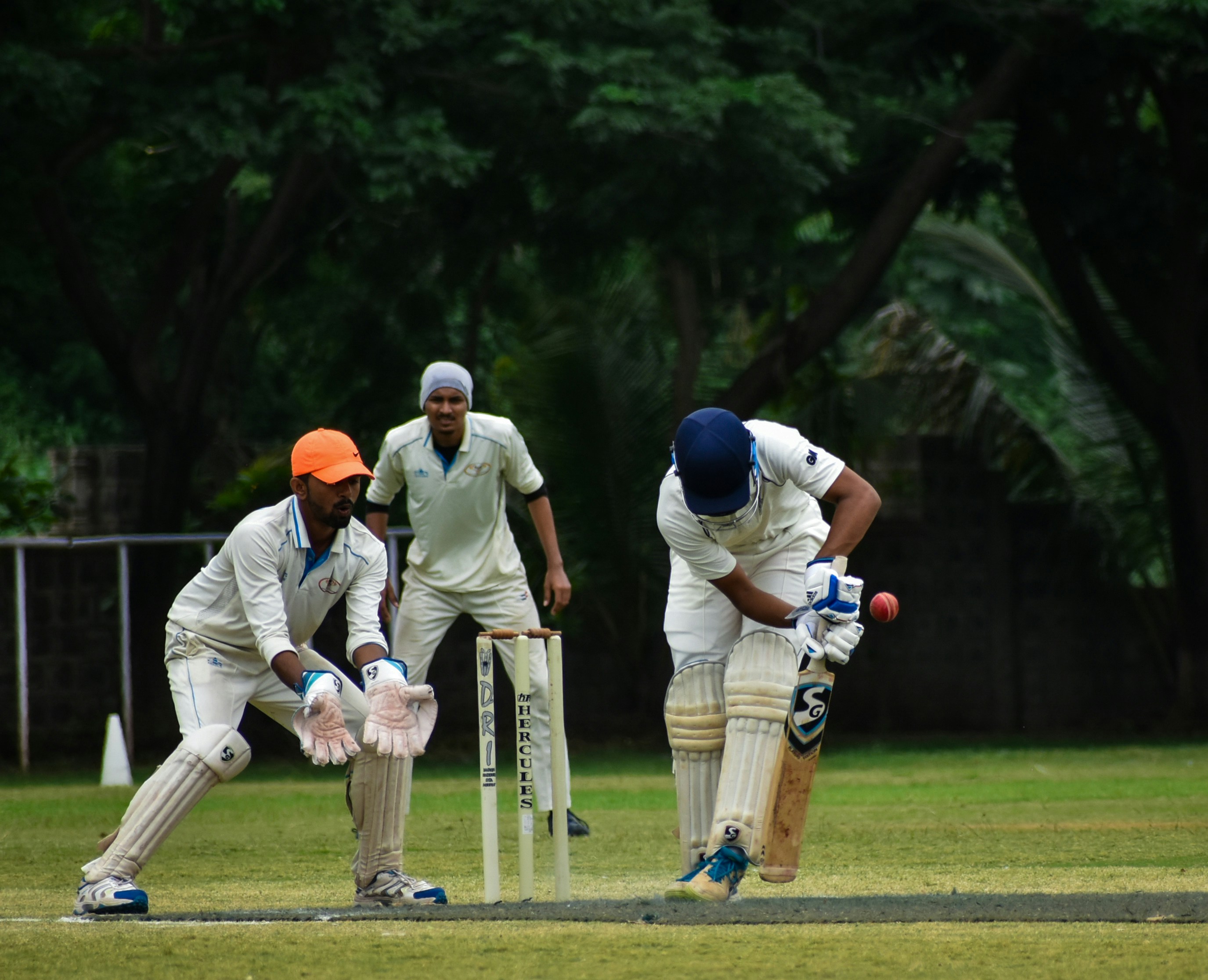
Book Name:
Radical politics in South Asia.
Editors:
Paul R. Brass, Marcus F. Franda.
Please note that this article may contain affiliate links…….
The seven South Asian countries with more than one billion people living in them is a vast chunk of land which could not be easily ignored by the world powers for their economic, political and military values.
Being a conglomerate of sub nationalities and ethnicities, there has always been rues between central and regional politics espousing different viewpoints.
Regionalism in politics is the specific characteristic of such state composition where mainstream political parties focus solely on a particular region as an epicenter and power locus for their political strength and muscles flexing.
The book in discussion, Radical politics in South Asia, analyzes the changing of left radical politics in the three South Asian countries of India, Bangladesh and Ceylon (Sri Lanka) into regional politics and the reasons why and at what political cost they decided to do so.
Also Read: The peeping Spies
Why the fever of changing, overhauling and restructuring of whole society and political system of the country reduced itself into a limited area leaving all others at their own fate to live on.
Originally published in 1973, the seven essays of this book with an introductory analytical essay from Paul R. Brass gives the historical overview and development of Left Radical politics in India, Bangladesh and Ceylon five decade ago when World was divided into two blocs.
Left Radicalism of Kerala, West Bengal, Bangladesh, Andhra, Bihar and Ceylon have been covered with first hand information by authors of the essays.
The Left Front victory in West Bengal was the result of political violence, the Indra Gandhi government suppression and the imposing emergency for quelling it in 1960s and 1970s.
Maulana Abdul Hamid Bashani, the Left wing leader in East Pakistan (now Bangladesh) agitated and politically resisted the military government of General Muhammad Ayoub Khan.
While in the Liberation war of Bangladesh, students of Dhaka University having Left inclination started armed resistance against Pakistan security forces.
Also Read; Pakistan, a hard and diverse country
Kerala was the first place in the electoral history where Communist Party of India (CPI) won elections in 1957.
Telegu Desem Party kicked out the Congress Party from Andhra after 40 years ruling demanded a separate Telegu speaking state for them. Ultimately successful in 2014 by getting a separate Telugu speaking state for them!!
The Bhoujpori movement led by a school teacher, Jagdish Mahato, revolted against the upper caste Hindus in Bihar.
The Ceylon Communist Party later with a dissident faction by the name of Ceylon Communist Party (Maoist) and Lankan Sama Samja Party had close ties with Communist Party of China.
They garnered a soft corner for the Naxalbari movement of West Bengal supporting a Maoist revolution of theirs.
The 468 pages book is a good digestive read for anybody who wants to know the roots of Left Radical politics in South Asia and then its turning into regionalism for one reason or another….


